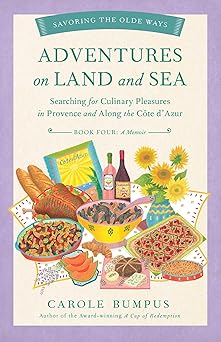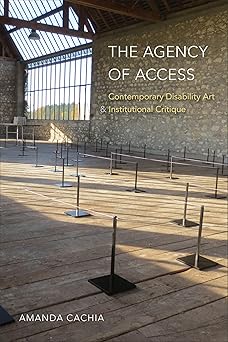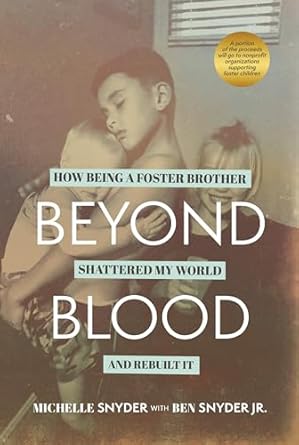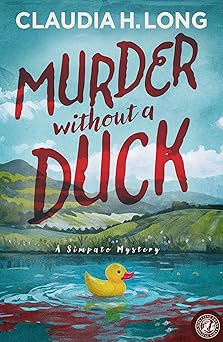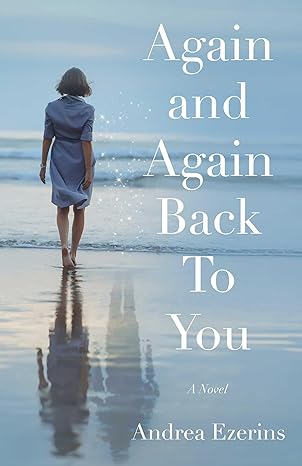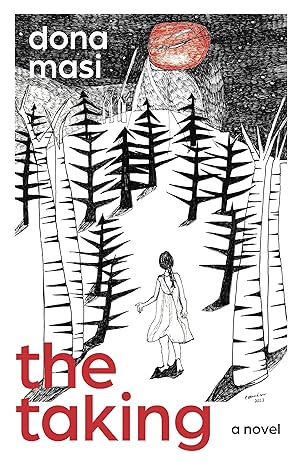Our “Unmet Mentors”
By Catherine Browder
I was 29 and teaching in Japan when I decided to write fiction. I had always had the desire to write but was deflated by that notion many women of my generation had: I don’t have anything to say. Besides, Life had intervened: marriage, teaching jobs, commutes, dinner preps and vacuuming. Then came Japan.
I remember walking to my suburban Osaka train station and thinking: This is how I want to spend my life. For the first time I had not only the “luxury of time” to write, but the need: Writing was a way of preserving a sense of my own language, and myself. There were no writing teachers or programs for expatriate Americans yearning to learn how to tell a story. There were only books. Gratefully, we expats took advantage of the lending library in the British consulate in Kyoto. And there were the cheap English language paperbacks at the Maruzen bookstore. Seems funny now that I had to go to Japan to discover Iris Murdock, Joyce Carol Oates, Doris Lessing, or Grace Paley.
But the most significant influence—discovered at the British Consulate library—was
Katherine Mansfield. After reading her novellas, Prelude and At the Bay¸ I marveled that you could tell a story this way. Later I learned to what extent she was an innovator—with her child narrators, her meandering and multiple points of view filled with the sensual details of New Zealand, and her canny psychological insights into domestic life. All with an almost cruel clarity. I wanted to write like her, and so began a period of shameless imitation. Poor dead Katherine, the object of my scrutiny and admiration.
Still in Japan, friends sent copies of Grace Paley’s fiction collections, and I had the same reaction: I didn’t know you could write a story this way.
Sooner or later, we give up imitation. But thinking about Mansfield reminds me to what extent these admired writers are teaching us how to write. Back in the States I began to read the stories in Redbook, the Atlantic and The New Yorker, often delighted by what struck me as unique or unexpected. Later, in Harper’s magazine, I read a piece of historical fiction I’ll never forget, titled memorably, “A Tortoise for the Queen of Tonga.” In the fullness of time, I encountered more helpful writers, including Alice Munro, Andrea Barrett and Robert Olen Butler.
Writers we admire and study become our “unmet mentors.” Their work is teaching us how to shape a character, a situation, an emotion, a dialogue or a resolution. Our own writing is in a conversation with the mentors who’ve come before us, paving the way.
My third collection of stories—Now We Can All Go Home—is an homage to Chekhov’s plays. In 2006, when the curtain came down on a local production of Three Sisters, I felt bereft. What would happen to these three struggling women? Irina’s fiancé has just been shot, what will she do? And so, I wrote a book that imagined the continued lives of these women and other of his characters. The project required rereading each play many times and also Chekhov’s letters. Here was another innovator, in both his stories and his plays. His writing was clean and objective, never sentimental. And he could find a story anywhere. He once chided a novice writer for her emotionalism and purples prose, instructing her not to gush but to use only one adjective or phrase to describe a scene or a character. So many of us are indebted to Chekhov, including Katherine Mansfield.
My most recent book, The Manning Girl*, might also be considered an homage. At some point, George Eliot’s fable, Silas Marner, charmed me. At its core is the story of an infant abandoned on the doorstep of the least likely person to care for her. So, I borrowed Eliot’s premise but then departed to write my own story, leaving only echoes of the original. Still, Eliot (another “unmet mentor”) had kindly provided the trigger.
I used to think a good story needed to be “universal.” In other words, set in no particular place, so all people could “relate” to it. How wrong I was. I had no trouble setting my Japan stories in Japan. But when you live in “fly-over” country, you hesitate. Eliot had set her novel in rural England, so why shouldn’t I embrace a rural setting? Besides, I like Kansas.
My unmet mentors gave me permission to write about situations and people that were neither in vogue nor familiar. They illustrated four essential words for any writer: “What it?” and “Why not!”
They have taught me how stories are always concerned with desire; how “telling” is sometimes better than “showing;” and how sensual detail can evoke an emotion.
Some have even shown me how writing what you don’t know can release the imagination and set it free.
***
*(The Manning Girl is published by Regal House Publishing, a fine women-run traditional independent press.)
THE MANNING GIRL
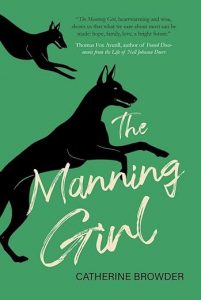
The Manning Girl, Catherine Browder
“The novel is a quiet but strong tour de force.”~Marly Swick, author of Evening News: A Novel
1992. Tyler Manning— high school teacher, part-time farmer, bachelor of 38—is planning his first day of summer vacation when a strange car approaches his Kansas farmhouse. By the time the battered Ford departs, Tyler is holding a three-week-old infant. The baby’s father is his estranged brother. Woven throughout the narrative of May Manning’s upbringing—assisted by long-time neighbors and school colleagues—is the parallel story of Tyler and his younger brother, the charming but deceitful Mickey Manning. The possibility of Mickey’s return haunts Tyler throughout May’s childhood. When Mickey does reappear, he brings unexpected danger into their lives. The Manning Girl reimagines George Eliot’s 1860 fable, Silas Marner, and places it in a contemporary Midwestern frame, following the girl and her uncle/father from May’s unexpected arrival to her 21st year. The Manning Girl explores, with tenderness and humor, the unique situation of a single father, supported by a surprising community.
BUY HERE
www.catherinebrowder.com
catherine_browder@yahoo.com
Category: How To and Tips






